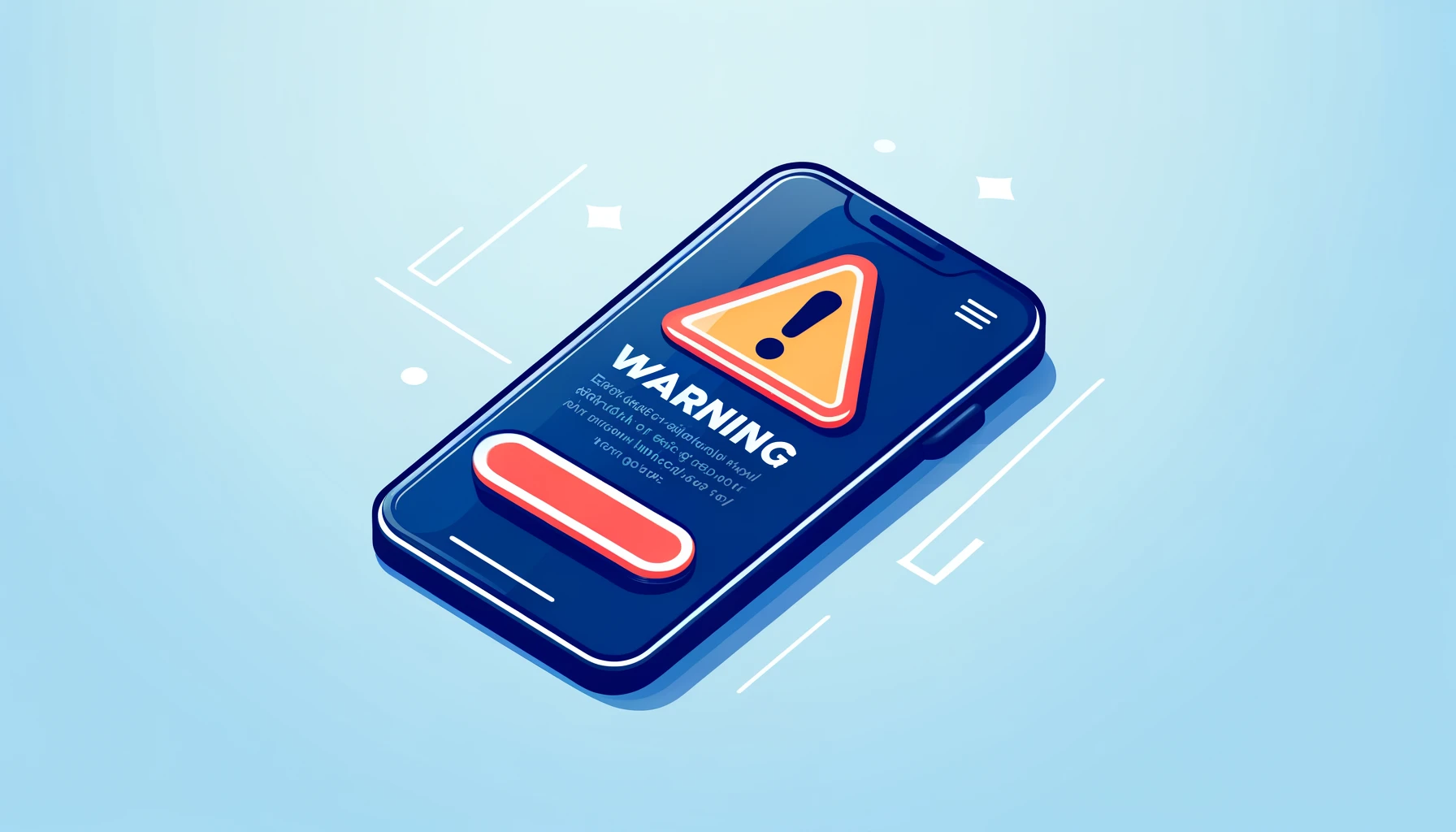Google is implementing stricter guidelines for AI applications available on Google Play in an effort to curb the spread of inappropriate and harmful content. On Thursday, the company announced new measures aimed at ensuring AI tools do not generate sexual, violent, or otherwise restricted content. Developers are now required to incorporate mechanisms for users to report offensive content and to rigorously test their AI models for compliance with safety and privacy standards.
The Growing Problem of AI Deepfakes
The proliferation of AI applications that create deepfake nudes has become a significant issue. Reports have highlighted a surge in social media ads for apps claiming to undress individuals using AI. Notably, an April report from 404 Media revealed that Instagram was hosting advertisements for these apps, with one even using an image of Kim Kardashian to promote its capabilities.
These apps have led to serious consequences, particularly in educational settings. Schools across the U.S. are grappling with students sharing AI-generated nudes of peers and teachers, leading to bullying and harassment. In Baltimore, a racist AI deepfake of a school principal resulted in an arrest last month. The issue has even reached middle schools, underscoring the pervasive nature of the problem.
Google’s New Guidelines for AI Apps
In response, Google has updated its policies to prevent the distribution of apps that facilitate the creation of harmful AI-generated content. Key points of the new guidelines include:
- Prohibition of Restricted Content: AI apps must not generate sexual, violent, or otherwise inappropriate content.
- User Reporting Mechanisms: Apps must provide users with a way to flag offensive content.
- Rigorous Testing: Developers must thoroughly test their AI tools to ensure compliance with safety and privacy guidelines.
- Advertising Restrictions: Apps cannot market themselves with inappropriate use cases. Any app doing so may be banned from Google Play.
Google emphasizes the importance of monitoring user feedback, particularly in apps where user interactions shape the content. Developers are also encouraged to document their testing processes, as Google may request to review these documents.
Context and Background
The measures come at a time when the misuse of AI technology is under increasing scrutiny. Deepfake technology, which uses AI to create realistic but fake images and videos, has been used maliciously to create non-consensual pornographic content. This misuse has raised ethical and legal concerns, prompting tech companies to take action.
Google’s existing AI-Generated Content Policy outlines the company’s requirements for app approval on Google Play. By strengthening these guidelines, Google aims to protect users from harmful content while promoting the responsible development and use of AI technology. The company’s People + AI Guidebook offers additional resources and best practices for developers, underscoring the importance of ethical AI development.
Personal Commentary
From my point of view, Google’s crackdown on AI apps that create deepfake nudes is a necessary and timely intervention. The rise of these apps poses significant risks to individual privacy and safety, particularly among vulnerable populations such as students.
On the positive side, these new guidelines could set a precedent for other tech companies to follow, fostering a safer digital environment. By requiring developers to rigorously test their AI models and incorporate user reporting mechanisms, Google is promoting accountability and transparency in the AI development process.
However, challenges remain. The technology behind deepfakes is evolving rapidly, and bad actors will likely find ways to circumvent these measures. Continuous vigilance and updates to policies will be crucial in combating the misuse of AI technology.
As I see it, this move by Google represents a critical step towards mitigating the harmful impacts of AI while highlighting the need for ongoing collaboration between tech companies, policymakers, and educators to address the ethical implications of emerging technologies.






